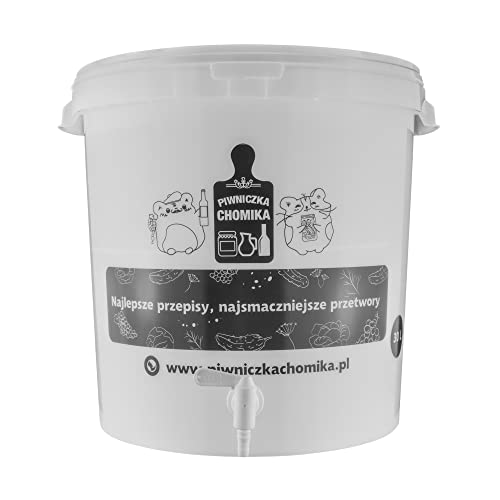mattybabsy
Regular.
- Joined
- Jun 22, 2011
- Messages
- 238
- Reaction score
- 0
So I've fermented a coopers pilsner. kept it at around 10-14 degrees c as I was told it has a true lager yeast and needed to ferment at lower temps
That was 3 weeks ago and now I have 2 questions:
I'm now out of coopers drops from my starter kit and wanted to batch prime. What amount of normal cane sugar would you guys recommend for 23 L of pilsner? and how much water do you boil that in? how long do you boil it for?
secondly, how do I condition it? just in room temp like any other beer, or should it condition in slightly lower temps?
thanks
That was 3 weeks ago and now I have 2 questions:
I'm now out of coopers drops from my starter kit and wanted to batch prime. What amount of normal cane sugar would you guys recommend for 23 L of pilsner? and how much water do you boil that in? how long do you boil it for?
secondly, how do I condition it? just in room temp like any other beer, or should it condition in slightly lower temps?
thanks






![BREWING THERMOMETER STICKERS ACCURATELY MONITOR FERMENTING BEER & WINE LIQUID TEMPERATURES 5PCS HOME BREW SPIRITS WINE LCD ADHESIVE [US]](https://m.media-amazon.com/images/I/311DDjo2X3L._SL500_.jpg)

































